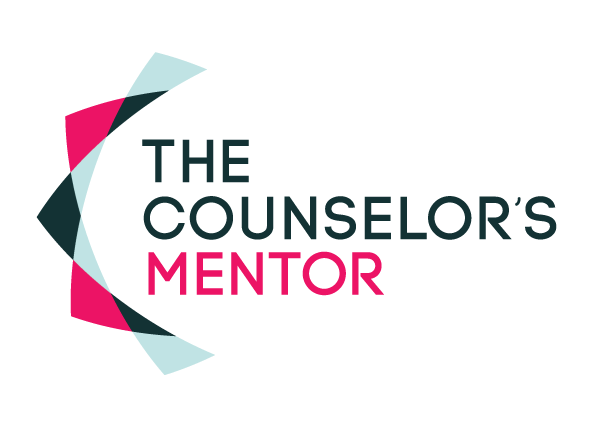The level of fatigue and exhaustion for a mental health professional hits at a different level. You quickly realize your tiredness isn’t cured by a nap. Prolonged exposure to this type of fatigue is unfortunately all too common.
Burnout is the result of being overwhelmed by chronic emotional and mental stress. As mental health providers, we are naturally more at risk to burnout due to the level of emotional energy we pour out into our work. Even with the healthiest of boundaries, we are bound to feel emotionally or mentally impacted by client care, or even work culture (ie: expectations).
Effects of burnout are more difficult to identify than you may think because it can look like something else. Effects may include increased irritability, difficulty focusing, feeling more critical, emotional fatigue, difficulty staying organized, having a hard time removing yourself from work (even when at home) and increased physical problems. But let me ask you, if a client was sharing these symptoms with you, what advice might you offer? Are you willing to take the same advice? Why or why not?
Many individuals in the mental health profession are reluctant to apply self-care strategies to ward off burnout and find themselves only seeking help when “things got really bad.” So what might be some of the reasons mental health providers are reluctant to request mental health help? Here are some of the reasons I’ve found:
- “If I don’t help my clients, no one else will.”
- “My entire team is burned out, not just me. I can’t leave.”
- “My director may not think I’m able to handle this job.”
- “If I don’t work, I don’t get a paycheck- and I can’t afford that.”
- “I don’t have time for self-care or counseling for myself.”
As the saying goes, before you can take care of others, you first have to care for yourself- you know, the oxygen mask metaphor. Don’t wait for your work stress to lead to burnout before you get help. Talk to someone, find a counselor, do things you enjoy, place boundaries with work expectations, and give attention to your basic needs. And remember:
- You live in a city where resources are available for clients.
- Your team is only as strong as the weakest link.
- A good leader will applaud a team member who is willing to ask for help.
- You can’t put a price on your health and wellness.
- You are your own best advocate.

